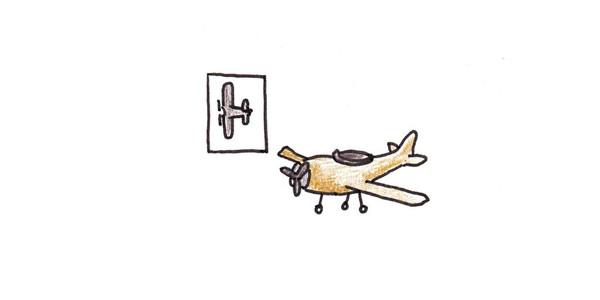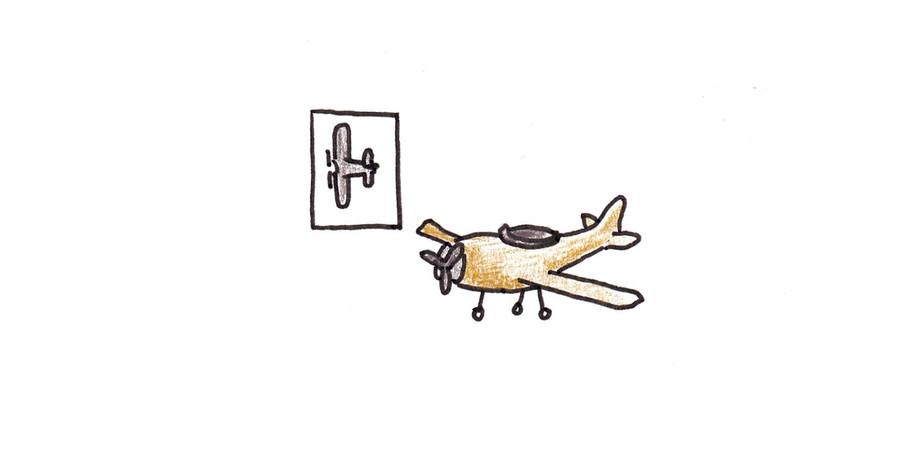Practice Made Perfect: The 10 Keys to Optimize Improvement - Scott H Young
Curated from: scotthyoung.com
Ideas, facts & insights covering these topics:
10 ideas
·1.26K reads
11
Explore the World's Best Ideas
Join today and uncover 100+ curated journeys from 50+ topics. Unlock access to our mobile app with extensive features.
Start with Examples
Problem-solving refers to the process you use when you don’t know what the correct method is. One remedy for this problem is to start by studying examples or demonstrations of how to solve the problem.
This can help you understand the best methods to solve a problem before trying it yourself.
12
238 reads
Retrieve, Don’t Revisit
Retrieval practice is the process of testing yourself with a closed book. It lets you check your knowledge, and it is one of the most effective ways to learn.
A tension exists between the benefits of retrieval and studying examples.
- If the pattern for solving a problem is in your memory, retrieval practice suggests you’re better off solving the problem on your own, without help.
- On the other hand, if the relevant pattern is not in memory, you will have to default to search processes which can be slow and make it harder to acquire the needed patterns.
10
152 reads
Spread Out Your Sessions
The spacing effect refers to the benefit of spreading studying sessions out over time.
- For factual knowledge, spacing can be accomplished easily with flashcards.
- For other skills, the best way to benefit from spacing is to mix in practice of older skills while learning new ones. e.g. A ten-minute review practice to work on previous material before moving on to new skills.
9
133 reads
Mix Up Your Practice
If we don’t know what type of problem we’re solving before we attempt it, we can only rely on the features of the problem itself. This alone makes our practice more closely approximate the real thing.
Problems don't come in neat packages divided by units in real life.
9
116 reads
Put Confusing Examples Side-by-Side
When you make a mistake, it’s important to figure out why. The worst thing to do is simply hope that the confusion will sort itself out through repetition.
Any time you face this type of mix-up, put the examples side-by-side so you can see what distinguishes them.
11
114 reads
Use Self-Explanations
When learning a new method or problem-solving procedure, always walk through and explain each step to yourself. Repeated drills can help you memorize material but don’t always facilitate understanding. So when the format of the question changes slightly, you might not be able to adjust.
Effective practice is built on understanding.
10
110 reads
Analyze Your Past Performance
For skills at the limits of your abilities, it’s impossible to monitor your performance and simultaneously improve it. Record yourself performing the skill and review it after.
You can focus all of your precious mental bandwidth on performing the task and only later analyze the effort
10
106 reads
Use the 85% Rule for Sliding Difficulty
You are in the right ballpark when you are correct about 85% of the time. Less than that, and you are likely making the task too difficult, thus making learning less efficient (and more frustrating).
For skills with lumpier difficulty gradients, fine-tune the difficulty.
9
108 reads
Improve Your Feedback
- Direct feedback is related to the result you are trying to achieve-say sales for a product launch, bug-free code, or hitting a home run.
- Indirect feedback comes from other people and is a commentary on your performance, but is more accurate.
Seek out both types of feedback.
9
94 reads
Match Your Practice to Real Life
- If you want to improve your practice efforts, get really clear on what you're trying to get good at.
- Academic skills often have well-defined standards for achievement. Real-life skills are often murkier
- The more ambiguous the skill, the more critical it is to move back and forth between deliberate practice and doing the real thing.
12
98 reads
IDEAS CURATED BY
CURATOR'S NOTE
Getting good at anything requires a lot of practice–but not all practice is equal.
“
Avery B.'s ideas are part of this journey:
Learn more about problemsolving with this collection
How to challenge assumptions
How to generate new ideas
How to break out of traditional thinking patterns
Related collections
Similar ideas
3 ideas
The Perfect Studying Routine | Scott H Young
scotthyoung.com
7 ideas
5 ideas
Should You Use Flashcards to Learn? | Scott H Young
scotthyoung.com
Read & Learn
20x Faster
without
deepstash
with
deepstash
with
deepstash
Personalized microlearning
—
100+ Learning Journeys
—
Access to 200,000+ ideas
—
Access to the mobile app
—
Unlimited idea saving
—
—
Unlimited history
—
—
Unlimited listening to ideas
—
—
Downloading & offline access
—
—
Supercharge your mind with one idea per day
Enter your email and spend 1 minute every day to learn something new.
I agree to receive email updates

